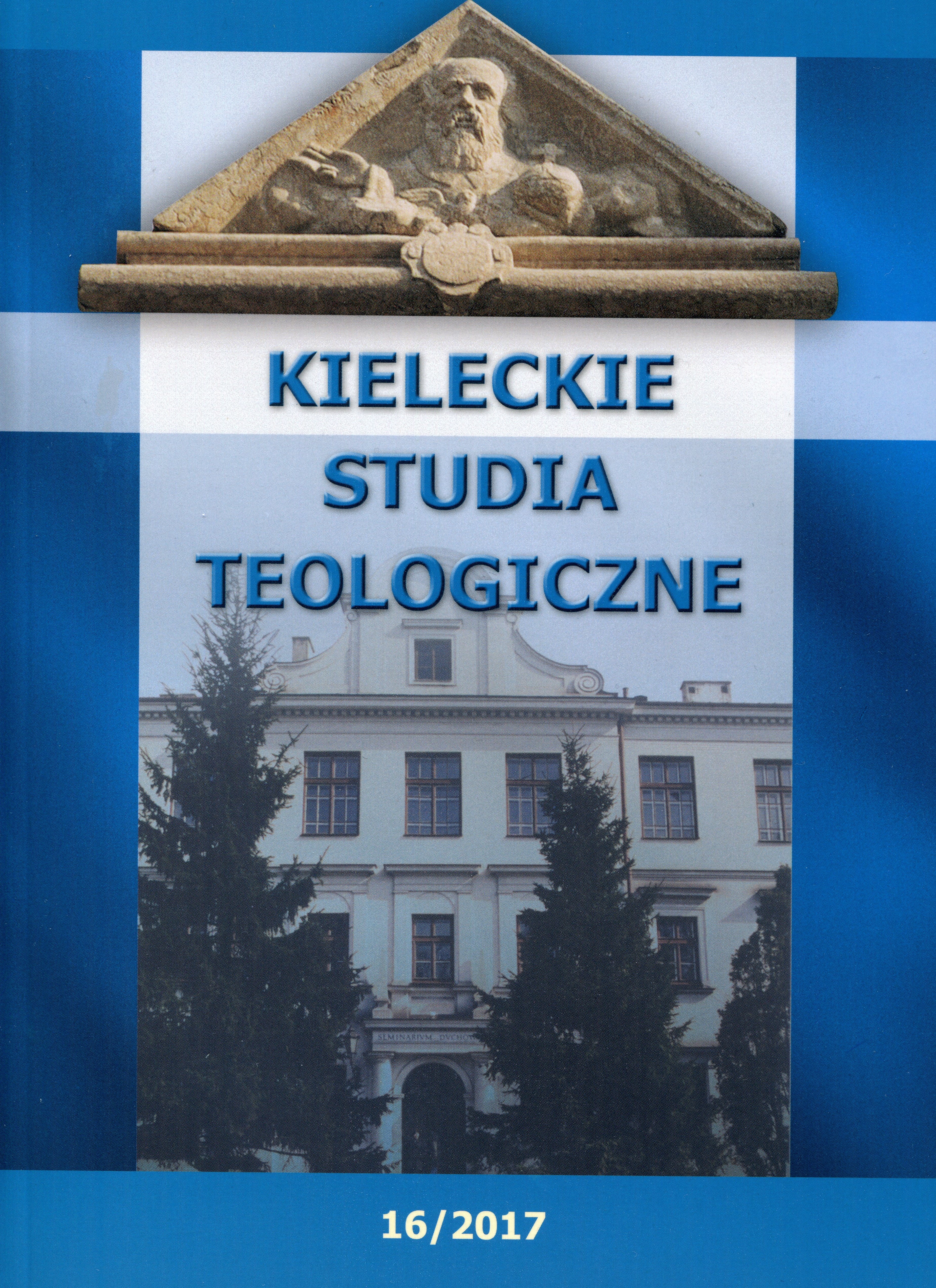Instytucja rodziców chrzestnych od czasów starożytnych do prawa dekretałów
Institution of Godparents from Antiquity to the Decretals
Author(s): Wojciech WąsikSubject(s): Canon Law / Church Law
Published by: Wyższe Seminarium Duchowne w Kielcach
Keywords: baptism; catechumenate; godparents; spiritual relationship
Summary/Abstract: The paper presents the process of the crystallization of the doctrine of the godparents and discusses the complex evolutionary process of ecclesiastical law concerning this institution, from the ancient times to the medieval law of decretals. Since ancient times the Church has objected to admitting anyone to Christian initiation and the first of the sacraments of faith, had they not have a guarantor, who would testify to the sincerity of the candidate's intentions and their conduct in accordance with Christian morality. The institution of godparents became the legal tool serving this purpose. In the archaic community this function was probably acted by the whole local community. In the third century, as the catechumenate has crystallized, there appeared the institution of an individual godparent, a sponsor, who – when it came to the baptism of small children, usually orphans, who responded in their stead to the Church representatives as well as witnessed the fact of baptism. Initially, this institution was not legally formalized. The first regulations appeared in the third century and then were evolving with the development of the ecclesiastical community. It resulted in the emergence of the impediment of spiritual relationship due to being a godparent. In the early Middle Ages, in the Franconian state, a new type of a godparent, patrina, was formed as an institution with a strictly legal dimension. This was the result of the disappearance of the old catechumenate rites and the spread of the habit of baptism to newborns. In the Middle Ages, in the scholastic age, more and more detailed provisions were made for the godparents and their tasks; the conditions they had to fulfill in order to be able to take on the role of godparents; their number. Also the impediment of spiritual relationship evolved further. The development of the decretals regulations concerning godparents was accompanied by the theological reflexion that led to a progress in the legal sciences. Among others, special attention was paid to the obligation of the godparents to secure the education of the baptized child in faith. The paper analyzes also the complex process of transferring the institution of godparents as well as regulations concerning it to the Polish ecclesiastical province by the legate synods of the twelfth and thirteenth centuries. It also follows the further evolution of this issue in the particular law, occurring due to the medieval provincial synods.
Journal: Kieleckie Studia Teologiczne
- Issue Year: 2017
- Issue No: 16
- Page Range: 265-284
- Page Count: 20
- Language: Polish

